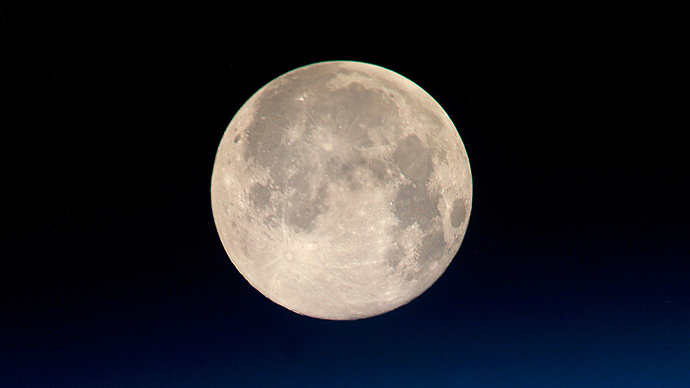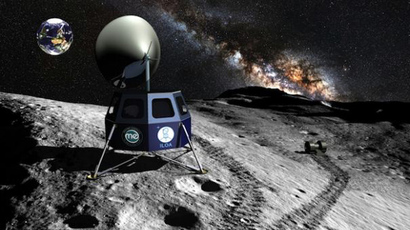Moon wars: Muslim scholars clash with space observatory over lunar calendar

Muslim scholars in the Caucasus are locked in a heated dispute with scientists at Azerbaijan’s Shamakhi Observatory – over the lunar cycle. They say an opinion of the faithful wasn’t taken into account when “setting the date” for the next new moon.
The furor erupted after Khydyr Mikhailov, deputy director of the
observatory, announced that the new moon would appear during the
night of August 6-7 at 2:52am, Azerbaijan’s APA News reported.
According to the Muslim religious calendar, the new moon’s appearance will mark the end of the holy month of Ramadan.
The announcement provoked a storm of criticism, with some Muslim clergy arguing that the observatory data could only be approximate.
"It is known to Allah alone,” said Haji Fuad Nurullah,
deputy chairman of the Caucasus Muslims Office.
“If Allah does not renew the moon, how can people know about it in advance? How can they guess? Like the observatory, they can perform calculations using mathematical calculations, and this is only possible together with us," Nurullah said.
The Baku-based Caucasus Muslims Office, the supreme spiritual and administrative body of Muslims in the Caucasus, earlier presented its own calendar, according to which the last day of the month of Ramadan falls on August 8. Ramadan is the month of fasting when devout Muslims forego eating and drinking during daylight hours and spend their time in prayer.
According to the Islamic, or Hijri, lunar calendar, months last 29 or 30 days. A new month begins when the new moon’s crescent becomes visible in the sky. In some Muslim countries, the Hijri calendar is officially recognized.
In Azerbaijan, the majority of the population is Muslim, but the
country’s Constitution stipulates that the state is secular.














